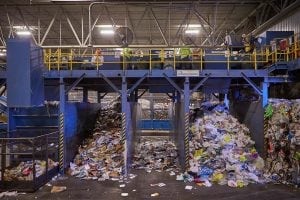 The recycling industry must make large-scale facility investments to adapt to the fast-changing world of materials recovery, according to a longtime MRF consultant.
The recycling industry must make large-scale facility investments to adapt to the fast-changing world of materials recovery, according to a longtime MRF consultant.

 The recycling industry must make large-scale facility investments to adapt to the fast-changing world of materials recovery, according to a longtime MRF consultant.
The recycling industry must make large-scale facility investments to adapt to the fast-changing world of materials recovery, according to a longtime MRF consultant.
 The Chinese government has announced key policies in recent weeks, including a plan to ban all recovered material imports by 2020. In the U.S., Waste Management offered details on the impact of National Sword thus far.
The Chinese government has announced key policies in recent weeks, including a plan to ban all recovered material imports by 2020. In the U.S., Waste Management offered details on the impact of National Sword thus far.
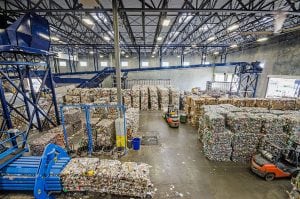 A shuttered mixed-waste processing site in Montgomery, Ala. will reopen to once again separate recyclables from garbage.
A shuttered mixed-waste processing site in Montgomery, Ala. will reopen to once again separate recyclables from garbage.
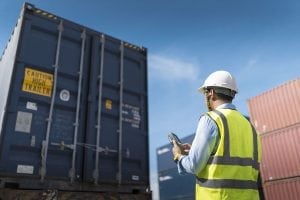 New pre-shipment inspection requirements for loads of scrap material bound for China are scheduled to begin this week, and one exporter says the change is going to be a costly disruption.
New pre-shipment inspection requirements for loads of scrap material bound for China are scheduled to begin this week, and one exporter says the change is going to be a costly disruption.
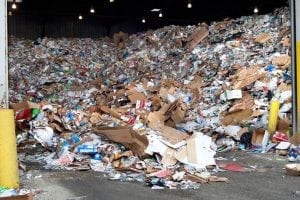 Chinese officials have responded to concerns from other nations about recent import restrictions. The Chinese comments directly address the “waste versus scrap” debate as well as global economic repercussions of National Sword.
Chinese officials have responded to concerns from other nations about recent import restrictions. The Chinese comments directly address the “waste versus scrap” debate as well as global economic repercussions of National Sword.
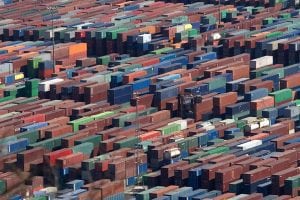 Many exporters of recovered materials have increased the volume they send to Southeast Asia this year in an effort to fill the void left by China.
Many exporters of recovered materials have increased the volume they send to Southeast Asia this year in an effort to fill the void left by China.
 OCC prices have taken a steep drop, but values for some key plastics continue to climb.
OCC prices have taken a steep drop, but values for some key plastics continue to climb.
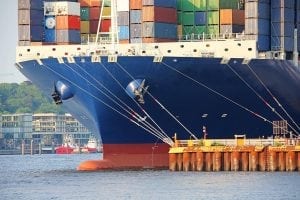 Many developments related to the Chinese recycling import market have taken place in recent weeks. The following is a look at key updates.
Many developments related to the Chinese recycling import market have taken place in recent weeks. The following is a look at key updates.
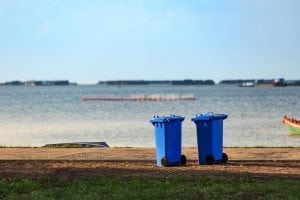 A $1 million grant from the Coca-Cola Foundation will kickstart a program to buy lidded recycling carts for coastal U.S. communities.
A $1 million grant from the Coca-Cola Foundation will kickstart a program to buy lidded recycling carts for coastal U.S. communities.
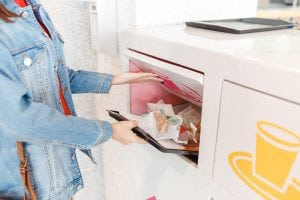
Georgia-Pacific, one of the world’s largest paper-product manufacturers, is working to scale up a patented technology to recover material from food-soiled packaging.
